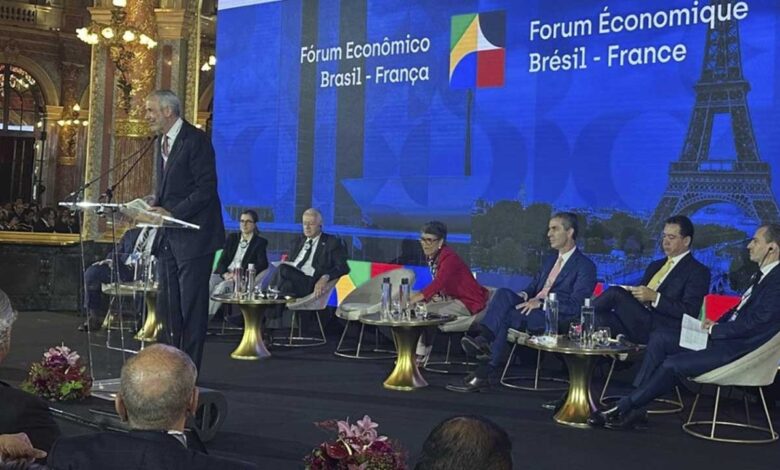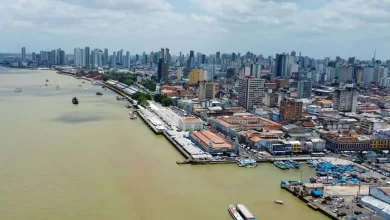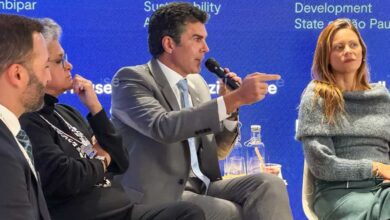
COP30 in Belém Aims to Break with Traditional Model and Give Private Sector a Leading Role in the Climate Fight
By Vicente Crispino
The 30th United Nations Climate Change Conference (COP30), scheduled for November 2025 in Belém, Brazil, aims to establish a new paradigm in global climate negotiations. With a focus on the practical implementation of the Paris Agreement, the event will place the private sector at the center of decision-making in a historic shift toward a more decentralized, objective, and locally-driven climate diplomacy.
During the Brazil-France Economic Forum held last week in Paris, the president of COP30, Ambassador André Corrêa do Lago, emphasized that collaboration between governments and businesses is essential to accelerate the transition to a low-carbon economy. In a panel dedicated to the role of the private sector in the conference and in achieving the goals of the Paris Agreement, Corrêa do Lago was clear: “Active participation from the private sector is crucial for reaching global climate targets. COP30 will be a unique opportunity to show the world Brazil’s and its partners’ commitment to sustainability and innovation.”
The event in the French capital brought together business leaders, government authorities, and representatives from international organizations engaged in the climate agenda. The discussions highlighted the urgent need for investment in clean technologies, sustainable infrastructure, and innovative solutions to tackle the challenges posed by climate change. The meeting also marked the beginning of the 10th anniversary celebrations of the Paris Agreement, a treaty that united 196 countries in a common goal to limit global warming to well below 2 °C, striving to keep it at 1.5 °C.
In this spirit of transformation, the COP30 presidency launched a global platform to map real-world experiences in tackling the climate crisis—from the Amazon to urban outskirts around the globe. The goal is to identify initiatives already underway that can be scaled up with international support. The conference will also include four leadership circles focused on climate finance, governance, Indigenous peoples, and former COP presidents, aimed at proposing concrete and collaborative actions.
In addition, six thematic charters will be developed with practical proposals on finance, energy, cities, food, biodiversity, and social transition. Unlike previous editions, these charters will avoid diplomatic jargon and prioritize execution, with strong engagement from the private sector.
The COP30 presidency’s proposal is ambitious: to transform the conference into a landmark of real and collective action. “We cannot rely solely on agreements between states. We need to mobilize those who are already taking action,” stated Corrêa do Lago, indicating that the new climate diplomacy will be guided by practice and urgency.







